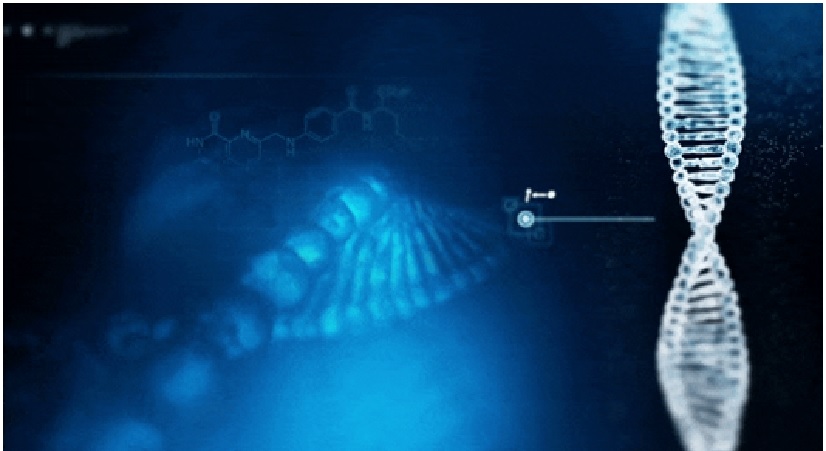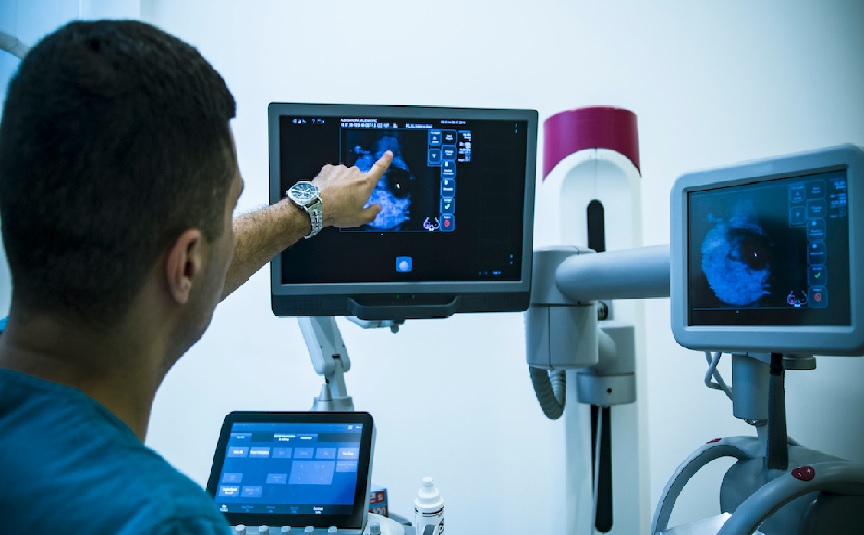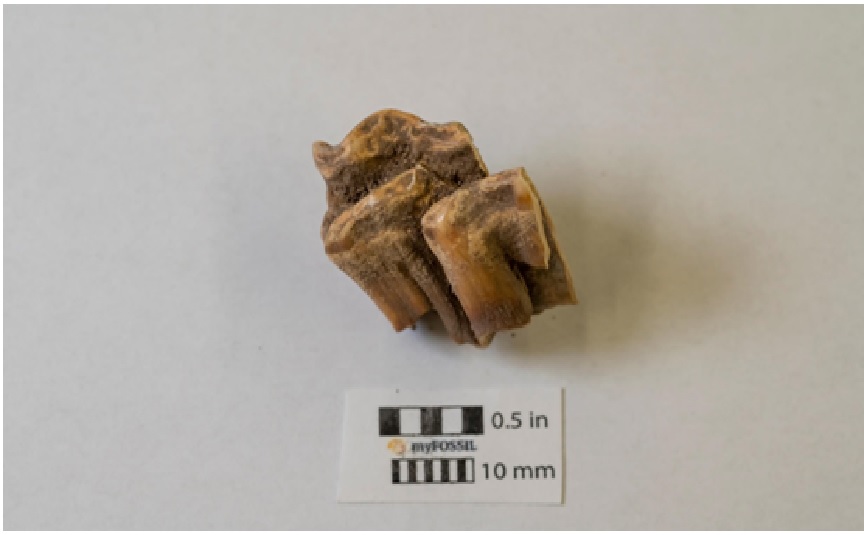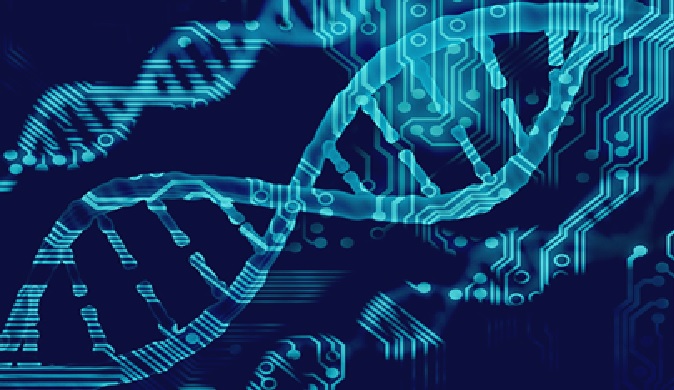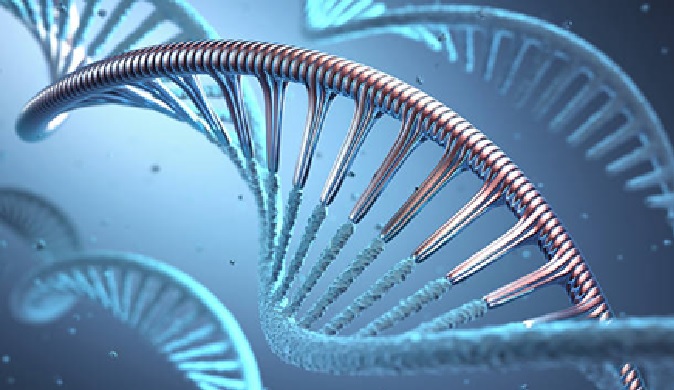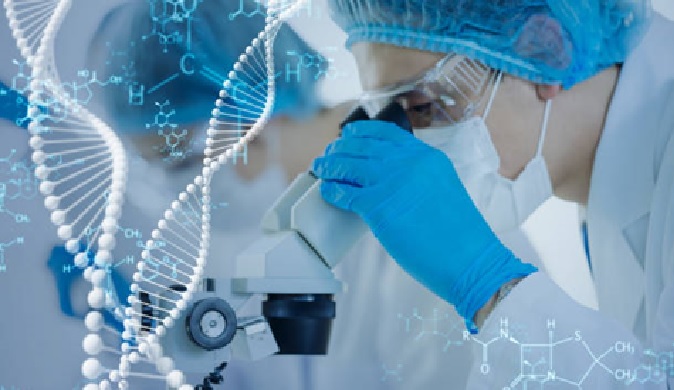Stem Cell Research
Stem cell research is a rapidly evolving field of biotechnology that focuses on the study of stem cells, which are special types of cells with the potential to develop into many different types of cells in the body. Stem cells can be used to study normal development and disease, as well as to develop new therapies for a wide range of medical conditions.
The stem cell is defined as that cell in a tissue which, under normal circumstances, maintains its own population, undiminished in function and size, and furnishes daughters to provide new functional cells of that tissue. The daughters may, or may not, have to undergo further differentiation and/or maturation in order to achieve their functional stage. The fundamental characteristic of a stem cell, therefore, is self-renewal. Evidence is presented which implicates the microenvironment as a major component of the stem cell system, without which stem cells cannot be maintained. [1]
Stem cells are unspecialized cells of the human body. They are able to differentiate into any cell of an organism and have the ability of self-renewal. Stem cells exist both in embryos and adult cells. There are several steps of specialization. Developmental potency is reduced with each step, which means that a unipotent stem cell is not able to differentiate into as many types of cells as a pluripotent one.[2]
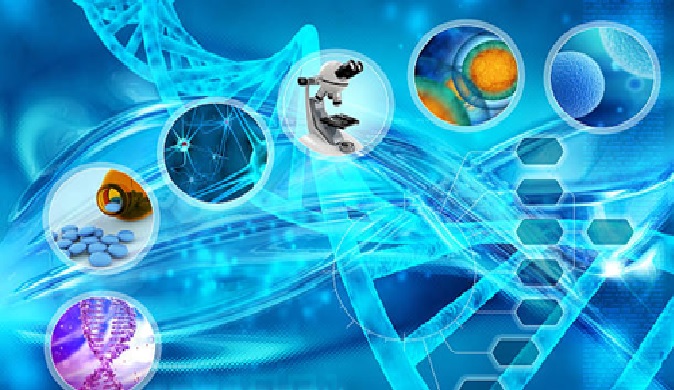
Figure 1.stem cell research
Figure 1 shows there are two main types of stem cells: embryonic stem cells, which are derived from early embryos, and adult stem cells, which are found in various tissues throughout the body. Embryonic stem cells have the ability to differentiate into any type of cell in the body, while adult stem cells are more limited in their differentiation potential.
Stem cell research has the potential to revolutionize medicine by providing new treatments for a range of conditions, including heart disease, diabetes, and spinal cord injuries. For example, stem cells can be used to generate replacement tissues or organs for patients with damaged or diseased organs, or to develop new drugs and therapies for diseases such as cancer.
However, stem cell research is also controversial, as the use of embryonic stem cells raises ethical concerns for some individuals and groups. As such, there is ongoing debate and discussion around the ethical and regulatory issues surrounding stem cell research. Despite these challenges, the field of stem cell research continues to advance rapidly, offering new hope for patients with a wide range of medical conditions.
References:
- https://pubmed.ncbi.nlm.nih.gov/6365195/
- https://link.springer.com/article/10.1186/s13287-019-1165-5
Cite this article:
Janani R (2023),Stem Cell Research , AnaTechMaz, pp.118




